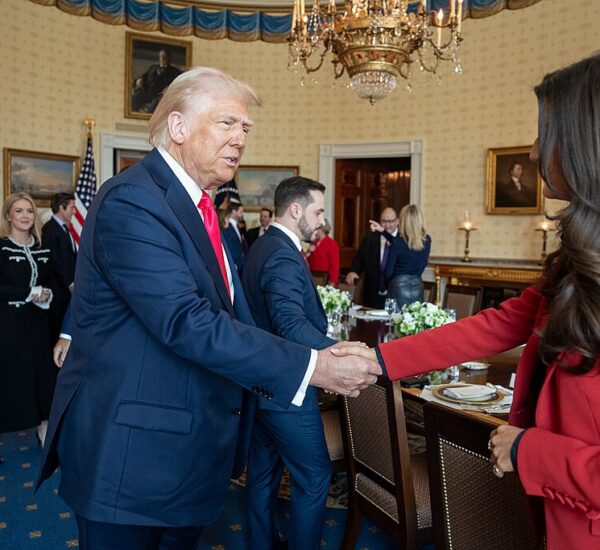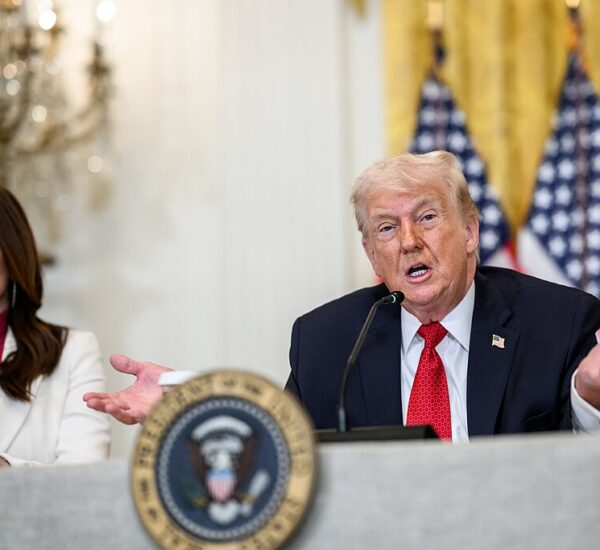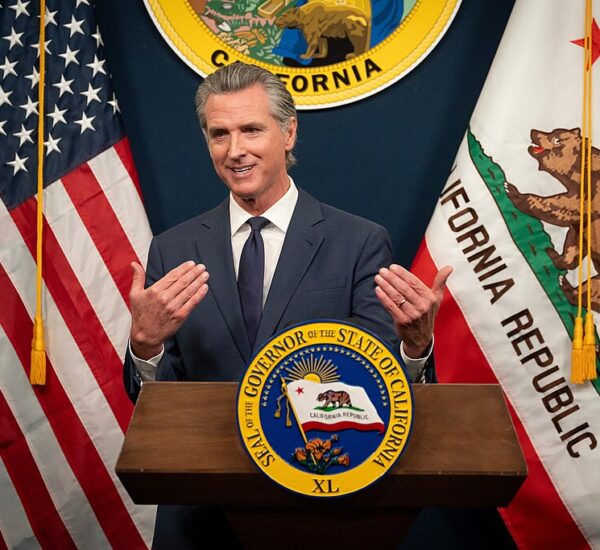McConnell Jumps On The Biden Bandwagon
Republicans knew they couldn’t trust McConnell.
Senate Republican Leader Mitch McConnell of Kentucky recently diverged from former President Trump’s vehement attacks on President Joe Biden, describing Biden as a “good guy” despite their political differences. McConnell, a staunch supporter of Trump, emphasized that while he personally likes Biden, he believes there are significant policy grounds to justify Biden’s removal from office.
Speaking in Louisville, McConnell highlighted their decades-long Senate careers and collaborations during Biden’s tenure as vice president. However, McConnell criticized Biden’s governing approach since taking office, arguing that Biden aligned too closely with the progressive wing of the Democratic Party, leading to what McConnell characterized as a burdensome regulatory environment detrimental to businesses.
McConnell underscored his opposition to Biden’s policy decisions rather than resorting to personal attacks—a strategy often employed by Trump, who has consistently labeled Biden as “Crooked Joe” and made unsubstantiated claims about election theft and corruption. McConnell’s approach contrasts sharply with Trump’s combative rhetoric, suggesting a focus on policy differences rather than character assassination.
McConnell outlined specific criticisms of Biden’s administration, particularly regarding economic management and immigration policy. He cited concerns over inflation, attributing it to what he views as excessive fiscal stimulus under Biden’s Build Back Better agenda. Additionally, McConnell criticized Biden’s handling of the southern border, pointing to a significant increase in migrant encounters and the admission of unaccompanied children into the country.
Analysts like Al Cross, observing McConnell’s statements, suggested that McConnell might be appealing to moderate Republicans disenchanted with Trump, urging them to focus on policy contrasts rather than personality clashes in the upcoming elections. McConnell, known for his strategic political acumen, emphasized Biden’s vulnerabilities on economic and immigration issues as pivotal factors that could sway voters away from reelecting him.
Despite McConnell’s historical disagreements with Biden over policies, such as tax cuts and budget negotiations during the Obama administration, McConnell acknowledged their past collaborations on significant legislative deals. These included agreements to avert fiscal crises and support infrastructure projects, reflecting a pragmatic approach to governance despite partisan differences.
In conclusion, McConnell’s nuanced stance on Biden reflects a broader strategy within the Republican Party to criticize Biden’s policies while maintaining a level of personal respect—a departure from Trump’s confrontational style. As McConnell positions the upcoming election debates around policy failures under Biden’s administration, his approach underscores a calculated effort to sway undecided voters based on substantive issues rather than personal animus.







“Democrats Call Trump ‘Dangerous,’ Are They Right?”
interesting poll question. as soon as i read the question, my mind went IMMEDIATELY to the various shows i’ve seen on TV as well as news reports of people who side with criminals who call the police derogatory names and complain how dangerous they are. seems like any DEM or GOP who agrees with the above poll can be categorized with these same evil/criminal types.